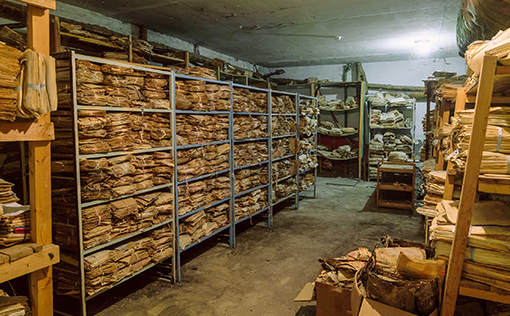
Preserving authoritative sources of information
Since November 2011, UNESCO’s Universal Declaration on Archives asserts that public archives must be preserved in a reasoned and studied manner. Why is this? Because “they are authoritative sources of information, underpinning accountable and transparent administrative actions. They play an essential role in the development of societies by safeguarding and contributing to individual and community memory. Open access to archives enriches our knowledge of human society, promotes democracy, protects citizens’ rights and enhances the quality of life”.
As a result, local authorities are obliged to manage their archives diligently. They must ensure that storage conditions are up to standard, that they comply with disposal procedures, that they classify, rate and inventory their archives, and allow access to those who wish to study them.
Behind these obligations lie three objectives: to safeguard the memory of the community and its inhabitants, to ensure the continuity of public service, and to ensure that citizens can assert their rights.
Modernisation of public administration
Ultimately, public archives contribute to the modernisation of public administration. They provide a reliable and enforceable record of the decisions taken (and commitments made) by public bodies, their rights and those of citizens, while ensuring the continuous improvement of public services. Good archive management also leads to savings in terms of time spent searching for documents and sorting information.
Faced with these major challenges, the creators of the records that are stored in public archives are responsible for the documents they create and receive. However, creators must send these documents to the archive for preservation. This is because public archives are considered inalienable.
Would you like to optimise the management of your public archives? Contact one of our archivists.

